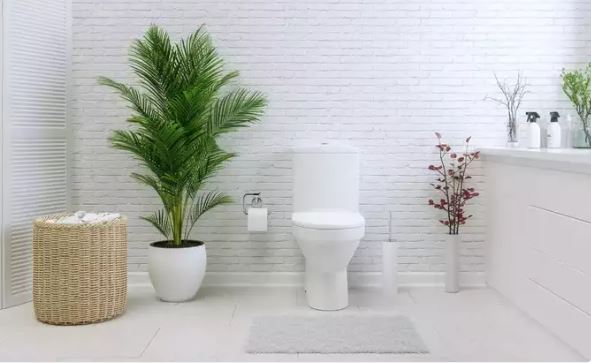
Everyone has their own quirks when it comes to bathroom habits.
Some read magazines, others hum a tune, but in today’s digital age, it’s not uncommon to find people glued to their smartphones while they answer nature’s call.
However, there can be consequences of bringing your phone into the bathroom with you?
Dr. Joseph Salhab, a gastroenterologist told the Daily Mail, that this seemingly harmless habit can lead to some undesirable health issues.
Let’s uncover the risks involved and follow some steps that will help you in the long run.
The risk of Hemorrhoids
Dr. Joseph Salhab, who is known as ‘thestomachdoctor’ over the internet, has sounded the alarm on an issue most of us never consider – prolonged sitting and straining on the toilet. Taking your phone with you might encourage this unhealthy habit and increase your risk of developing haemorrhoids, also known as piles. Haemorrhoids can be painful and, in severe cases, even bleed.
Unwanted bacteria on your device
Another concern is the potential for undesirable bacteria to make their way onto your smartphone. Think about it – while you are scrolling through your social media feed, your phone is in close proximity to the bathroom environment, and it’s not the most hygienic place in your home. This can lead to a nasty contamination of your device.
Tips to improve bathroom habits
1. Utilise a stepping stool
To make your bathroom experience more efficient, Dr. Salhab recommends using a stepping stool. Elevating your feet when sitting on the toilet allows for easier passage of stool. It’s a simple yet effective trick to speed things up.
2. Increase your fibre intake
If you find yourself spending too much time in the bathroom, it might be time to rethink your diet. Including more fibre-rich fruits into your meals is suggested. Fruits like kiwi, dragon fruit, apples, pears, and prunes can help stimulate bowel movements. Additionally, the vitamin C in these fruits can be beneficial.
3. Consider supplements
In cases where dietary changes alone don’t seem to help, supplements such as psyllium husk, which can be added to drinks are considered beneficial. Magnesium oxide and magnesium citrate are other supplements that might be worth trying. And don’t forget the importance of staying hydrated, water and fibre go hand in hand for a smoother bathroom experience.




